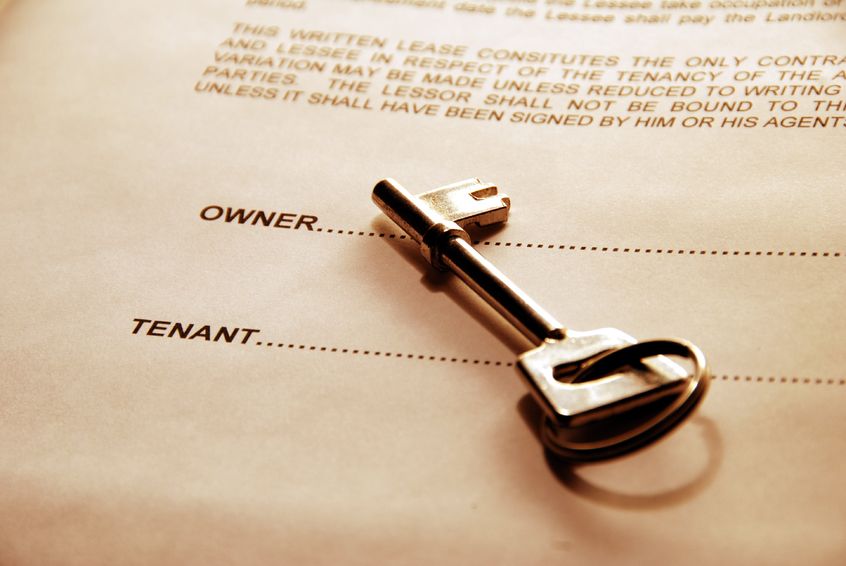My Landlord Won’t Refund My Security Deposit: Now What?
In trial last week, I represented a young couple that rented a home while they attended Texas A&M. Unfortunately, at the end of their lease, their former landlord refused to refund their security deposit. After repeated attempts to recover their deposit, we were forced to file suit.
Fortunately, after reviewing our evidence, the Judge in the case applied the Property Code (Code) and my clients and I won a judgment against a landlord for THREE TIMES the amount of their security deposit, all of their attorney fees, and court costs.
The Property Code defines a security deposit as any advance of money, other than a rental application deposit or an advance payment of rent that is intended primarily to secure performance under a lease of a dwelling that has been entered into by a landlord and tenant. It also provides that a landlord SHALL refund a security deposit to the tenant on or before the 30th day after the date the tenant surrenders the premises.
Before returning a security deposit, the landlord may deduct from the deposit damages and charges for which the tenant is legally liable under the lease or as a result of breach the lease. However, the landlord may not retain any portion of a security deposit to cover normal wear and tear. If the landlord retains all or a part of a security deposit under the Code, the landlord must give the tenant the balance of the security deposit, if any, together with a written description and itemized list of all deductions. The landlord is not required to give tenant a description and itemized list of deductions ONLY if: (1) The tenant owes rent when he surrenders possession of the premises; and (2) there is no controversy concerning the amount of rent owed. This means that in most cases, the landlord must either refund your security deposit or provide you with an accounting of legitimate deductions.
A landlord who in bad faith retains a security deposit in violation of the Code, is liable for an amount equal to the sum of $100.00, THREE TIMES the portion of the deposit wrongfully withheld, and the tenant’s reasonable attorney’s fees in a suit to recover the deposit. A landlord who in bad faith does not provide a written description and itemized list of damages and charges in violation of the Code forfeits the right to withhold any portion of the security deposit or to bring suit against the tenant for damages to the premises and is liable for the tenant’s reasonable attorneys fees in a suit to recover the deposit.
In an action brought by a tenant, the landlord has the burden of proving the retention of any portion of the security deposit was reasonable. Furthermore, a landlord who fails either to return a security deposit or to provide a written description and itemization of deductions on or before the 30th day after the date the tenant surrenders possession is PRESUMED to have acted in BAD FAITH. This means, the court presumes the landlord acted in bad faith and the tenant does not have the burden of proving bad faith.
Although it happens frequently, landlords are not entitled to keep your security deposit unless they provide an itemized list of legitimate deductions. If you feel your security deposit has been wrongfully retained, please call me at (979) 821-2110 to discuss your rights as a tenant and your landlord’s obligation to refund your deposit.

